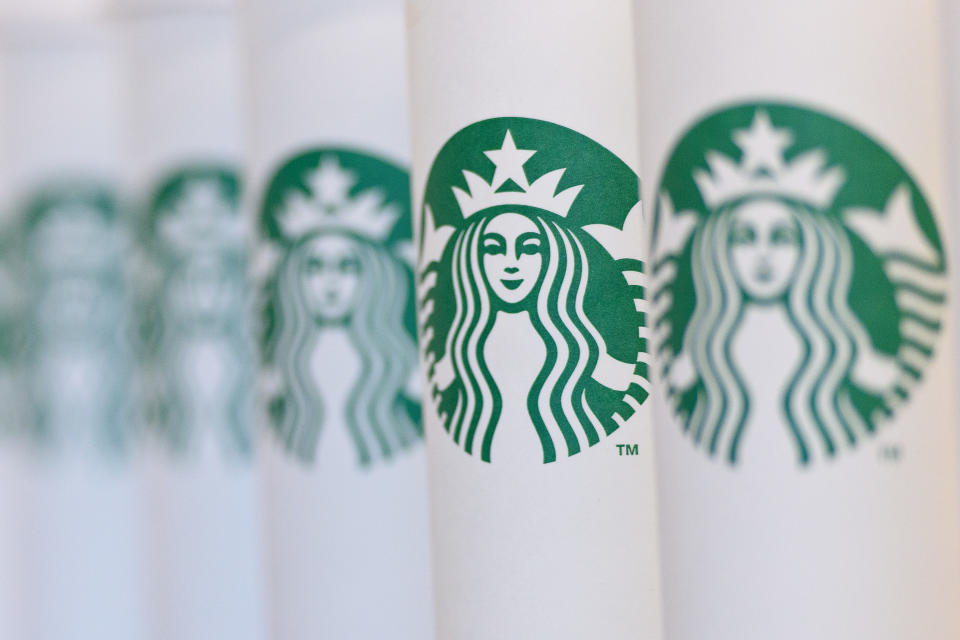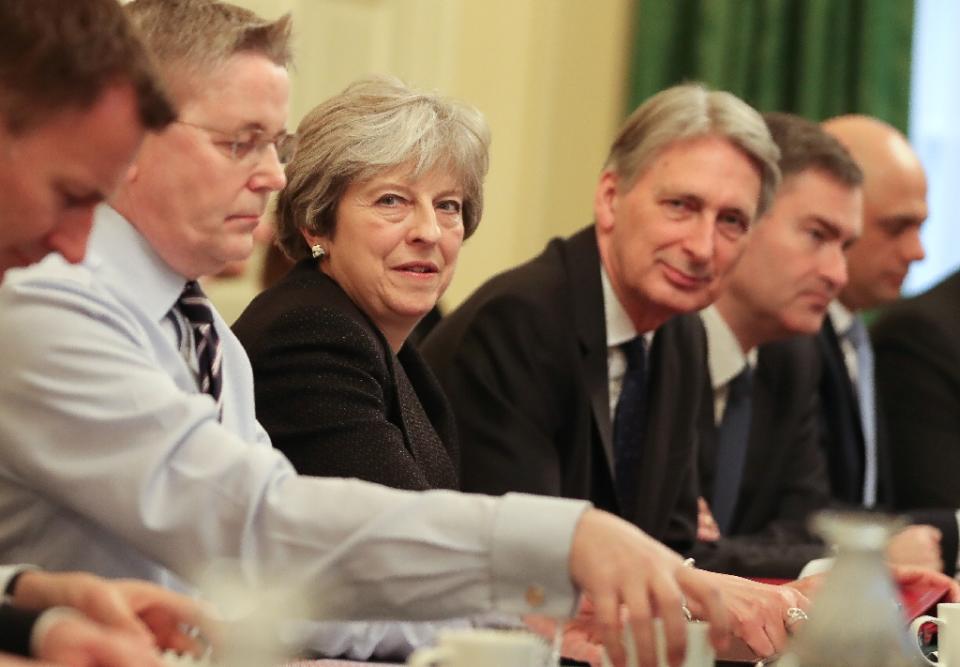Big companies paying less tax now than before 2008 financial crash

Big multinationals are paying less tax now than they were a decade ago, new analysis shows.
A study of accounts filed over the past 25 years has shown that effective tax rates – the average rate at which pre-tax profits are taxed – have fallen to 9% (two percentage points) since the financial crisis.
The Financial Times research reveals that the amount of money these big companies contribute to the public purse through taxes has has fallen since 2008 as a proportion of profits – whether measured by headline rates, reported effective rates, or the rates actually paid to governments.
MORE: Philip Hammond to present his Spring Statement – so what’s in it?
It said that average reported effective tax rates have fallen about 13% for the largest technology and industrial companies, while rates have stayed broadly flat in the health, consumer staples and materials sectors.

The corporate tax rate for the largest companies in the UK has come down from 30% in early 2008 to 19% now. It’s due to be cut further still, down to 17%, by 2020.
Governments around the world are competing to attract new businesses – and Theresa May has threatened to turn the UK into some form of tax haven after Brexit if the EU plays hardball over a favourable deal.
MORE: Deutsche Bank to pay staff 2 billion euros in bonuses for 2017
Michael Devereux, professor of business tax at Oxford university, told the FT, said cutting taxes was the name of the game: “That’s the process of competition [between governments] and I can’t really ever see it stopping.”
Last year, the Institute for Fiscal Studies thinktank said that cuts announced between 2010 and 2016 would hand bosses £16.5 billion a year.
MORE: HMRC stings Apple with £136 million bill for back taxes
“Changes to corporation tax have represented some of the largest giveaways in both parliaments since 2010,” it said.
Meanwhile, in the major Organisation for Economic Cooperation and Development (OECD) group of countries, governments on average have increased personal taxes by 6%.
The likes of Starbucks, Apple and Google have come under fire for paying very low taxes in the UK despite turning over billions in sales.

 Yahoo Finance
Yahoo Finance 
